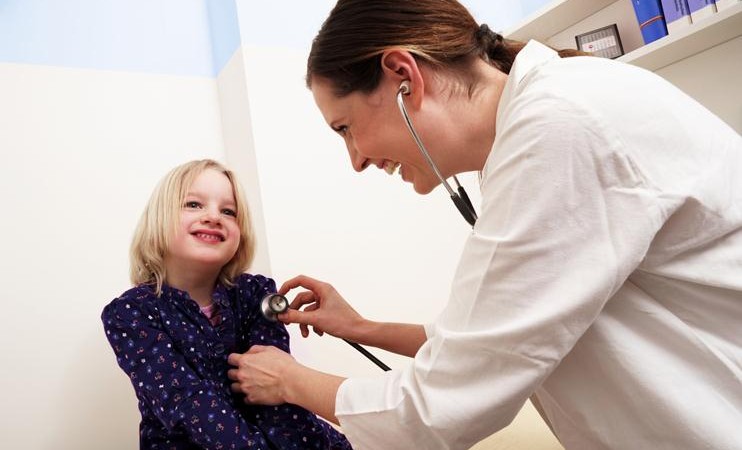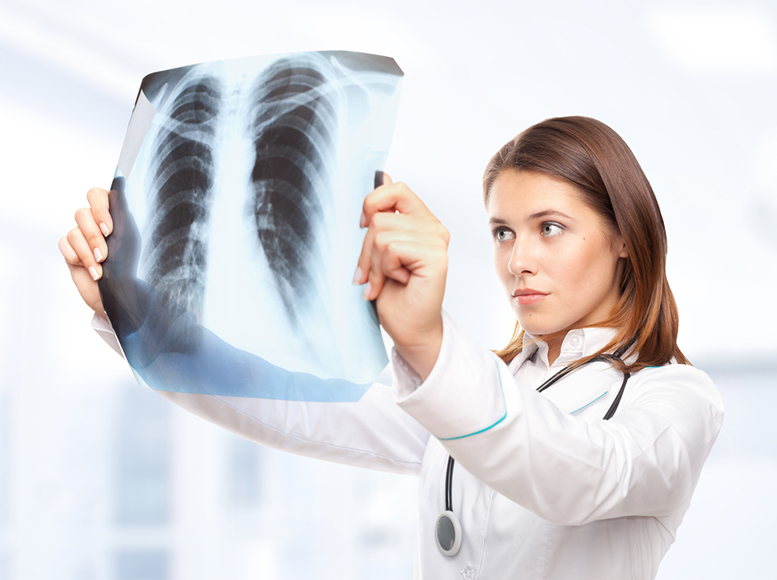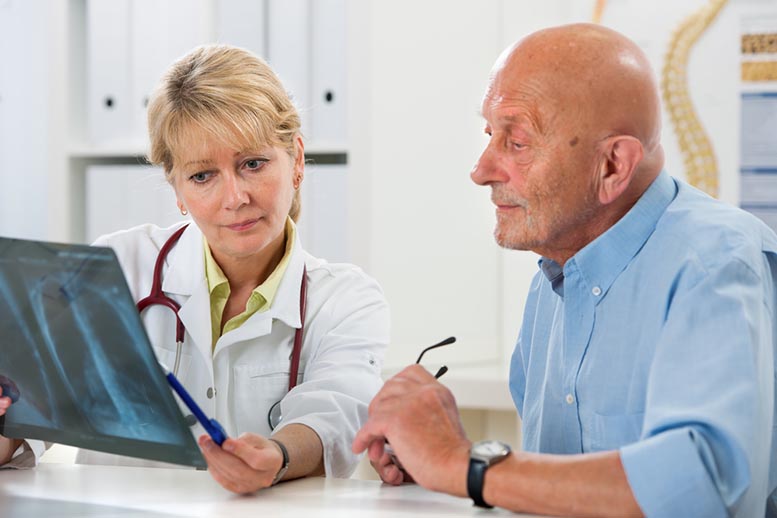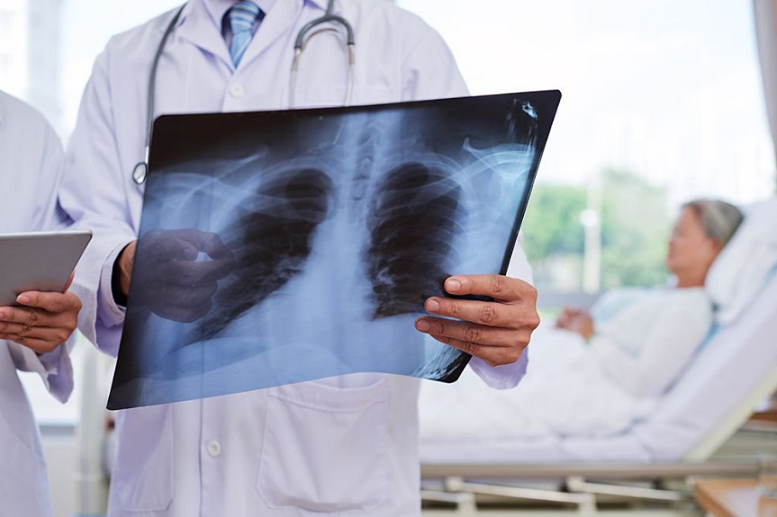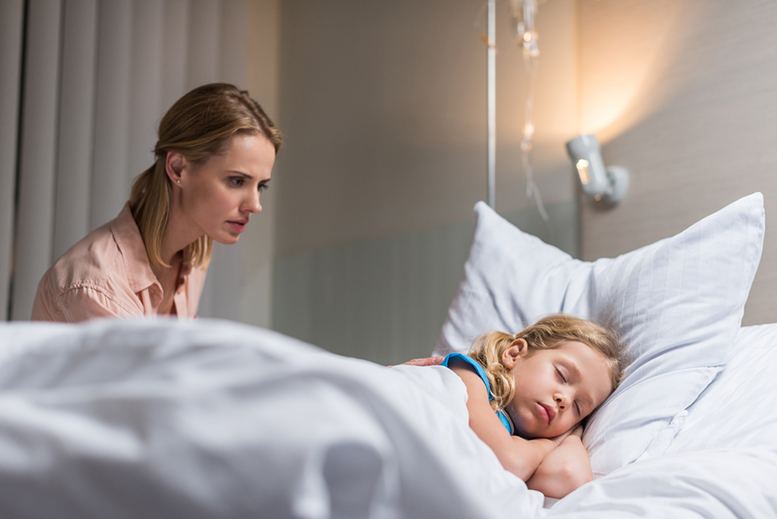-
Pneumonia is a common infection of the lungs, brought on by viruses, bacteria, or fungi. Its symptoms usually last for a few weeks, and in most cases, it does not necessitate hospitalization. However, in some severe cases, pneumonia can lead to serious, life-threatening complications without medical care–particularly among young...
-
When you see your physician to find out whether you have pneumonia, they will want you to walk them through your symptoms and their severity. After that, they may order some tests to gather an idea of what the issue is. These tests may include: – Checking for a...
-
A host of harmful substances can result in pneumonia. Bacteria and viruses that enter our body through the air we inhale are the most common causes. In most cases, the body is equipped with the ability to defend itself against these pathogens and stop them from getting into the...
-
Pneumonia develops when a bacterium, virus, or fungus makes its way into one or both lungs. Such a pathogen creates inflammation fluid buildup within the tiny sacs present in the lungs. If your overall health is in good condition and you receive treatment immediately, pneumonia isn’t typically life-threatening. However,...
-
It is not always so clear-cut to identify the exact cause of a case of pneumonia. In diagnosing pneumonia, your doctor may examine your phlegm under a microscope or have a urine sample tested to pinpoint the cause. In addition to discussing your symptoms in-depth, during your visit to...
-
Children are at an increased risk of catching pneumonia because their immune systems are under-developed. As opposed to a case of pneumonia an adult experiences, children with pneumonia may not exhibit the hallmark signs and symptoms of pneumonia such as a high fever and a stubborn cough. Pneumonia is...

